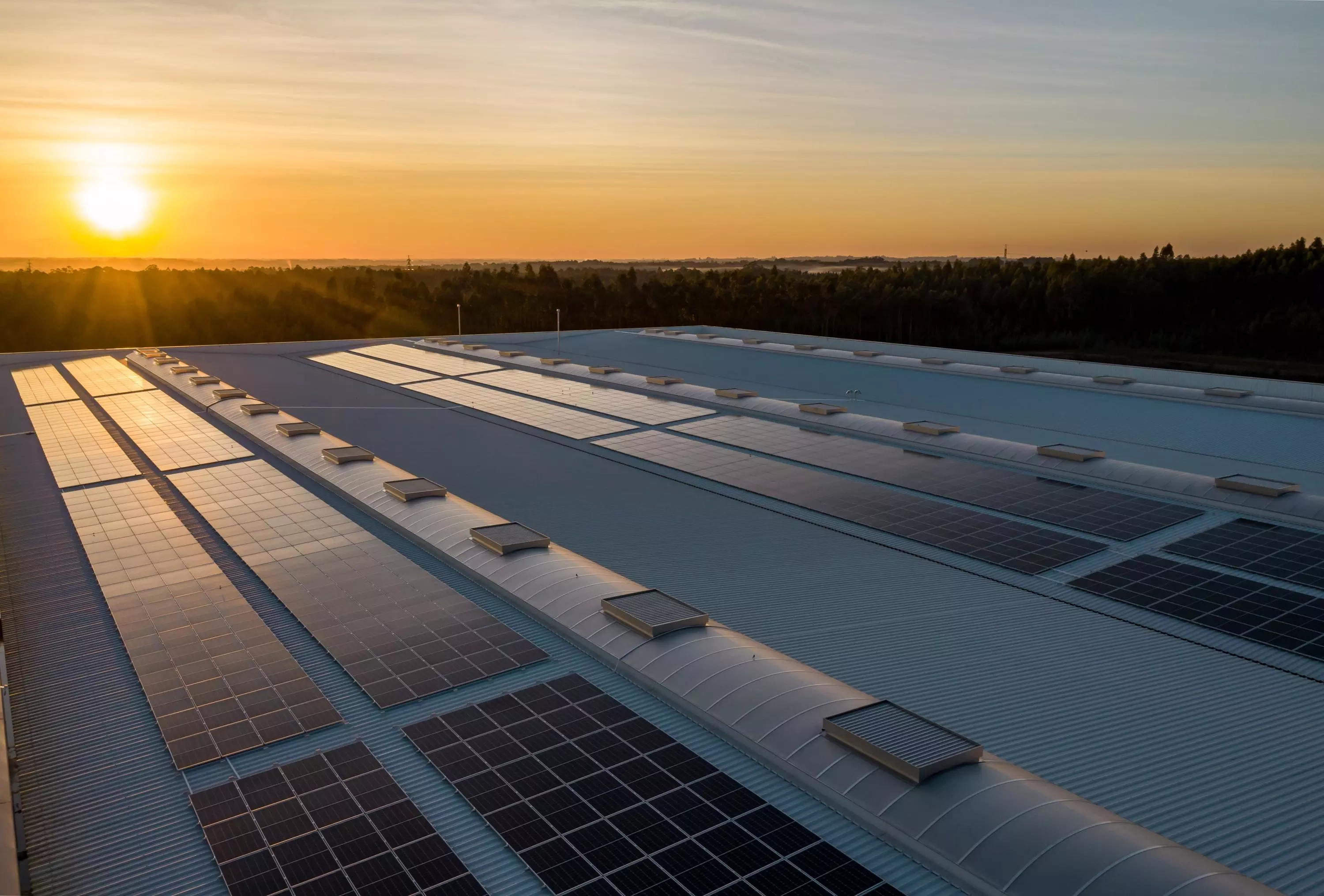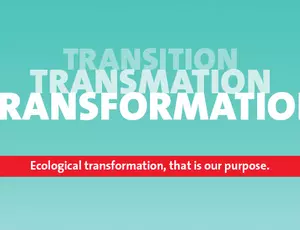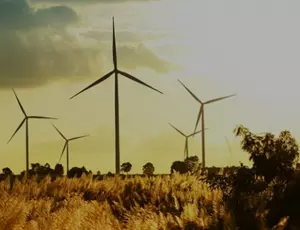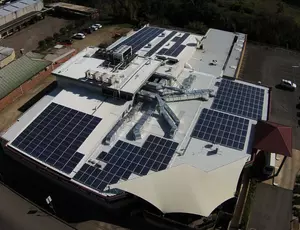Veolia has embarked on a nationwide decarbonisation project of its Australian operation to reach ecological transformation.
Under the transformative, $20-million project, rooftop solar panels and commercial battery stations will be installed across Veolia's eligible Australian facilities, building the company’s capacity for behind-the-meter energy independence.
The outputs will power Veolia’s offices and operational activities, significantly reducing its reliance on fossil fuelled power production and creating energy resilience in a volatile market.
Grant Winn, Veolia’s chief operating officer for industrial and energy, said the green energy project is part of the company's vision to hit net zero, while addressing concern about local energy stability, availability and price.
“We are headed to a net zero target in 2050 and we don’t want to be held back by external factors. Harnessing our own renewable energy solution is a no-brainer,” Grant said.
The initiative will be further complemented by electric vehicle (EV) charging stations, to support employees that wish to transition to electric cars, as well as capacity for electric fleet potential.
“We’re evaluating the feasibility of transitioning our vehicle fleet to be gas, battery or hydrogen powered in the future,” Grant said. “Across hundreds of vehicles nationwide, that’s a substantial investment and one we need to be ready for. By installing charging stations now, we’ll be a step ahead if we ultimately move down the electrification path.”
The first phase of Veolia’s nationwide green energy roll-out includes 3 facilities in Queensland. In total, around 636 commercial-grade photovoltaic panels, 180kWh of batteries and 6 charging stations will be installed. This alone will result in the generation of 507MWh of renewable energy per year, equivalent to the consumption of around 100 households.
The solar panels, batteries and charging stations will all be interlinked, forming part of a coordinated platform that will connect into Veolia’s purpose-built Hubgrade technology, allowing the company to take control of its own energy chain through vertical integration.
Grant said the versatility of the technology has its own advantages, giving individual sites the power to vary their energy usage and even direct it to other facilities when needed.
“The batteries on site will store energy for use overnight,” he said. “When the sun goes down, we won’t be left in the dark; we’ll simply switch to our battery supply to keep us moving. And if another facility has a need for more energy, we’ll have the flexibility to divert from one site to another.”
With each site becoming its own green energy powerhouse, Grant said the icing on the cake is the 8,000 tonnes of carbon dioxide the project will save from entering the atmosphere.
“That’s the equivalent of removing 2,213 diesel-powered cars off the road every year. It’s hard not to be excited about how our investment will benefit the environment.”
Across Veolia’s 40 eligible sites, it is estimated the initiative would deliver 4.6MWh from batteries – the equivalent of powering 120 electric vehicles – and 8.2MW from solar photovoltaic panels. Together, the initiative will produce 11.2GWh of energy per annum, enough to power 2,100 households.
<ENDS>
MEDIA CONTACTS
Dan Pagoda, external relations manager | +61 408 753 982 | [email protected]
Veolia Group aims to become the benchmark company for ecological transformation. Present on 5 continents with nearly 220,000 employees, the group designs and deploys useful, practical solutions for the management of water, waste and energy that are contributing to a radical turnaround of the current situation. Through its 3 complementary activities, Veolia helps to develop access to resources, to preserve available resources and to renew them. In 2021, the Veolia Group provided 79 million inhabitants with drinking water and 61 million with sanitation, produced nearly 48 million megawatt hours of energy and recovered 48 million tonnes of waste. Veolia Environnement (Paris Euronext: VIE) achieved consolidated revenue of 28.508 billion euros in 2021. www.veolia.com/anz
Green Eco Technologies is an Australian owned company working to cost-effectively help businesses minimise the environmental impact of their organic waste. A winner of the 2022 Australian Export Award for small business, the company is developing, supplying and managing innovative, efficient and beneficial solutions on site, avoiding transport costs. Visit www.greenecotec.com.
Enrich360® in Yarraville is committed to a more sustainable future where everyone can benefit from recovering resources, reducing landfill and using nutrient rich organic fertiliser. Food waste processed in the company’s fully automatic dehydrators produces between 7 and 20 kilograms of organic fertiliser for every 100 kilograms of input. Visit www.enrich360.com.au.
Goterra is a Canberra-based business that is reimagining a future where nature and automation work in tandem to solve complex problems like reducing food waste. It supplies modular waste management units like insect farms to convert food waste into sustainable protein and fertiliser, diverting the waste away from landfill. Visit www.goterra.com.au.
Source Separation Systems is based in New South Wales and is focused on connecting Australians to a more sustainable world. The company manufactures a range of products to help individuals and businesses recover waste sent to landfill, including colour-coded bins for easy source separation, all at its Booraloo factory. Visit www.sourceseparationsystems.com.au.





